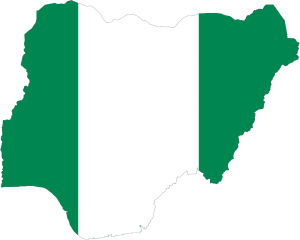Tariff Implementation: Nigeria’s power sector faces bleak future — GENCOs
Power Generating Companies, GENCOs, has said that the constraints bewildering Nigeria’s power sector are so vast that they may end up forcing it to comatose.
The GENCOs reaction is coming against the backdrop of the recent implementation of the Service Reflective Tariff (SRT), as approved by the Nigerian Electricity Regulatory Commission, NERC.
The 11 Electricity Distribution Companies, DISCOs, had on November 1, 2020, commenced the implementation of the revised SRT after halting the process in September 2020, due to Labour actions amongst others.
The revision was further to the consultative review meetings held between the Federal Government, Labour Unions and other Stakeholders, following concerns raised about the basis of the Multi Year Tariff Order, MYTO, 2020 SRT tariffs, which were earlier planned to be implemented from 1st September 2020.
The Chairman of NERC, Professor James Momoh, had said that the recent successful implementation of the new electricity tariff regime would not only attract more investments to the power sector, it would enable existing investors to recoup their investment.
But, the executive secretary, Association of Power Generation Companies (APGC), Dr Joy Ogaji, has stated that the ills afflicting the nation’s power sector were still very overwhelming, and may derail it from adding requisite value addition to the economy.
She highlighted the current state of the nations’ power sector in her presentation titled ‘Electric Power Infrastructure Perspective of Diversification’ in Lagos.
According to her, “Nigeria’s current electricity demand is over 28,700 megawatts, MW, with pipeline capacity at over 21,000MW and installed generation capacity at over 13,000MW.
“But only about 8,000MW is available, out of which about 5,500MW could be transmitted and only 4,500MW being distributed.
“Energy plays a pivotal role in economic diversification as its scale of use determines the socio-economic development of any nation capable of solving Nigeria’s problem.

